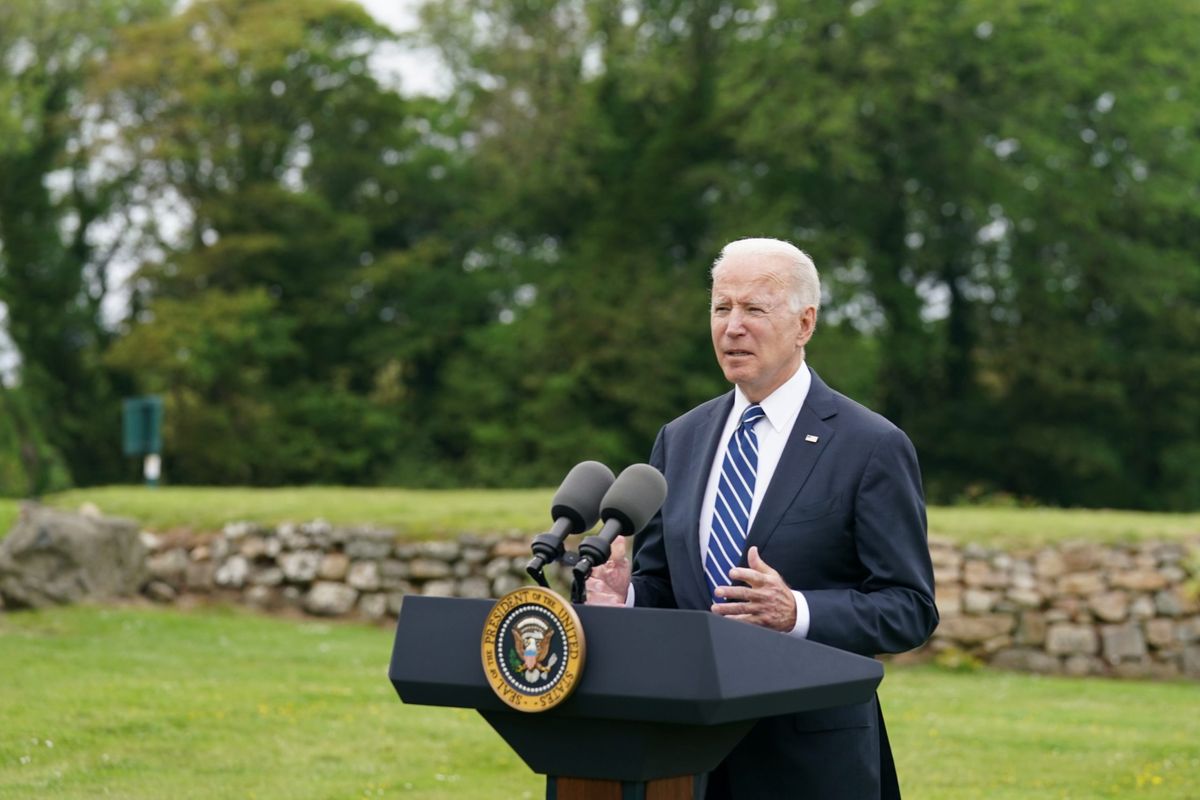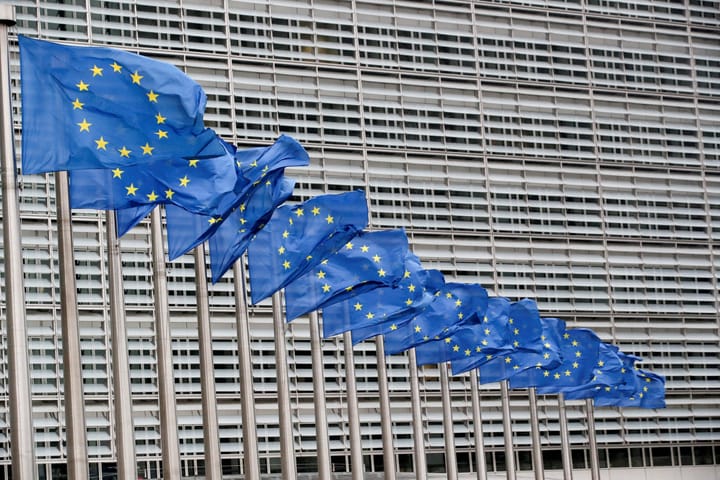Everything you need to know about Biden’s 8 days across Europe

A few minutes every morning is all you need.
Stay up to date on the world's Headlines and Human Stories. It's fun, it's factual, it's fluff-free.
On June 9, American President Joe Biden began an eight-day visit across Europe, his first trip abroad since he was inaugurated.
- On Wednesday, June 9, American President Joe Biden began an eight-day visit across Europe, his first trip abroad since he was inaugurated.
- Biden has said that he hopes to reassure the United States’ commitment to its North Atlantic Treaty Organization (NATO) allies and the US political and economic relationship with its European partners, something that he feels worsened under former President Donald Trump’s various tariffs and withdrawal from treaties.
- NATO is an alliance between the US, Canada and many Western European countries formed in 1949 in order to counter the Soviet Union and Eastern Bloc.
- The alliance is bound by a mutual agreement between members, that they will help defend one another against any invasions or attacks from foreign powers.
- He also hopes to reassert the US’ position toward Russia.
- Biden is set to meet with Putin at the end of his trip, following meetings with NATO, the G-7 and European leaders.
Why did Biden go to the EU first and what will happen during the trip?
- Biden has said that over the next few days, he’ll be “participating in meetings with many of our closest partners at the G-7 in Cornwall.”
- The G-7, aka, the Group of 7, is just an informal group of wealthy countries which include Canada, France, Germany, Italy, Japan, the United Kingdom, the US and the European Union.
- An important topic that the group plans to discuss during the G-7 summit is how to balance their relationship with China, a country that has had strained relations with the US as well as the EU over issues such as human rights, including the human rights abuses of Uyghurs in Xinjiang.
- Monday is the NATO summit of the EU which will be held in Brussels.
- Touching on the motivation of the trip, Biden said, “This diplomacy is essential, because no single nation acting alone can meet all the challenges we face today, because the world is changing.”
- So essentially, Biden wants to use this trip to reinforce the US’ position as a cooperative world leader with strong relationships with historical allies.
What was the relationship between Trump and groups like NATO and G-7 like?
- Tense, to say the least.
- Trump said the members of NATO weren’t spending enough and it was mainly the US spending.
- Trump also accused Germany of being “delinquent" in its payments to NATO and said, “We don’t want to be suckers anymore," when he pulled 12,000 US troops out of Germany in late July 2020.
- In 2017, the US was spending 71.1% of the group’s combined defense spending.
- With the G-7, Trump tried to reinvite Russia into the group (it was originally called the G-8), after the country was expelled in 2014.
- Russia was expelled because of its take over of Crimea. The status of Crimea is still disputed today.
- Trump also postponed the summit after Germany’s Angela Merkel said that she wouldn’t be attending the meeting set for June 2020 due to COVID-19.
- “I’m postponing it because I don’t feel as a G-7 it probably represents what’s going on in the world. It’s a very outdated group of countries."
- All in all, former President Donald Trump took a more hostile approach toward the traditional allies and grew close to authoritarian leaders, such as Russia’s Putin.
If Biden is going to Russia, what is the agenda there?
- Finishing off his trip, Biden is set to meet with Putin on Wednesday, June 16, in Geneva.
- Biden plans on raising several contentious issues during the meeting, including the Russia-Ukraine conflict, Russian interference in foreign elections and the poisoning and imprisonment of one of the country’s foremost political opposition leaders, Alexei Navalny.
- The two have a long history, so the meeting is likely to be awkward on quite a personal level.
- In 2011, as vice president under the Obama administration, Biden told Putin that he thought he didn’t have a soul.
- Following that, over the years, they’ve clashed over various issues such as Russia’s military interference in eastern Ukraine.
- More recently, Biden has called Putin “a killer” and said that the US “will respond in a robust and meaningful way if the Russian government engages in harmful activities.”
Have a tip or story? Get in touch with our reporters at tips@themilsource.com




Comments ()